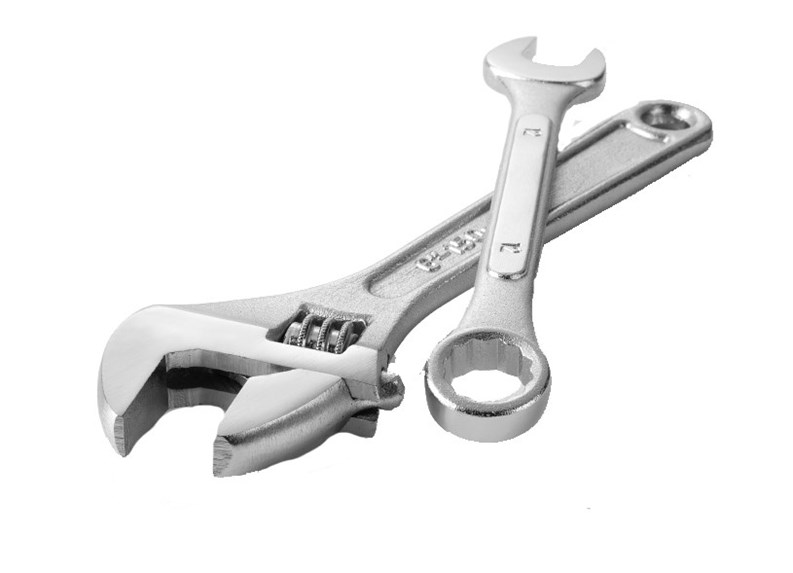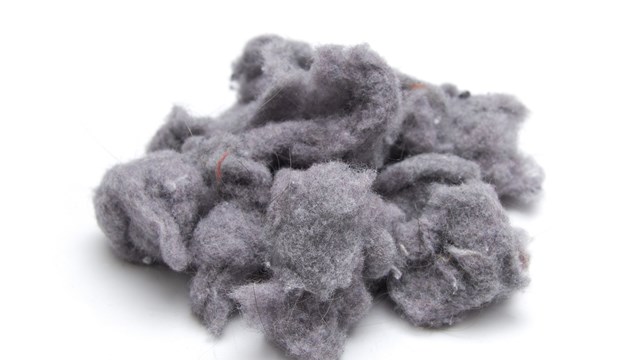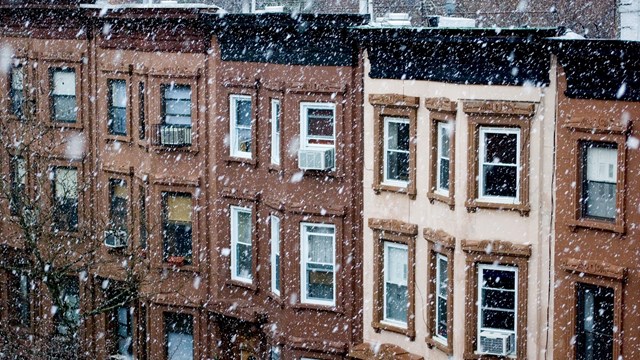Installing an interior window system can be like music to the ears of a typical shareholder or unit owner living in the city that never sleeps. The annoying inherent noises of the city - street, bus and truck traffic, sirens, car alarms, jack hammers and the like - have either been eliminated or significantly reduced from penetrating the sleeping, living and working environments - just by using the right type of window.
Depending on the type and construction, interior windows not only substantially reduce noise but eliminate drafts and dirt infiltration, provide maximum thermal control, security and privacy and protect furnishings, artwork, equipment and data from dirt, soot, humidity and sunlight. All of this is done without touching or affecting the existing exterior windows.
An interior window used for sound reduction purposes should be an independent secondary window, not fastened in any way to the existing exterior window. Direct physical contact or structural coupling can reduce the sound reduction performance. This is the result of exterior sound vibrating through the exterior window, which is then transmitted by contact to the interior window. In addition, the attachment of the interior window to an exterior window often leaves cracks uncovered, therefore not always fully attenuating sound transmission through frame openings.
For best results the interior window should be glazed with laminated glass (1/4", 3/8", 1/2" or 3/4" thick), and installed creating a "buffer zone" or so-called airspace, and seal between the existing exterior window and the new interior window. It must be well sealed and should be as generously spaced as possible away from the exterior window.
Furthermore, the exterior window and interior window sound reduction performance is extremely sensitive to sound leakage through frame openings. Therefore, the use of an interior window system to improve sound isolation should be accompanied by a properly sealed exterior window.
With a top quality interior window installed you can expect up to 90 percent noise reduction (depending on the thickness of laminated glass used and the space between the exterior and interior windows), 99 percent draft and dirt elimination, and maximum thermal control, which can result in an annual energy savings of up to 30 percent.
If the interior window is custom-made it can be tailored to "mirror" the exterior window configuration, making it aesthetically pleasing and totally unobtrusive both from the inside and outside of the building. Spackling and/or repainting are hardly ever necessary. Landmarks Preservation Commission approval is usually not required because the windows are installed on the inside.
Here are some criteria to help select a top-notch interior window manufacturer and installer.
"¢ Make sure the contractor maintains a clean record with the Better Business Bureau
"¢ Is licensed by the Department of Consumer Affairs (DCA)
"¢ Is fully insured
"¢ Manufactures and installs windows that are recommended by acoustical consultants, architects, engineers, interior designers, and contractors
"¢ Manufactures and installs windows that meet or exceed the requirements and standards of AIA, ASTM, AAMA, NAAMM and FGMA
"¢ Custom designs and manufactures window units to allow for maximum flexibility to "mirror" the exterior window style (horizontally sliding panels, vertically sliding panels, stationary/lift-out panels, hinged panels or a combination of styles)
"¢ Ensures that each unit is aesthetically pleasing and unobtrusive both from the inside and outside of the building
"¢ Offers clear explanations of particular problem(s) to be resolved which dictates appropriate type and thickness of glass or lexan materials
"¢ Ensures that framed glass panels are properly weather-stripped or gasketed to make the necessary seal to prevent noise, dirt and draft penetration
"¢ Ensures that horizontally-sliding framed glass panels should not just "slip" into the perimeter tracking system leaving them unsealed but should "lock" in to make the necessary seal to prevent infiltration of noise, dirt and draft
"¢ Ensures that once the interior window perimeter tracking system is installed, it should be sealed, front and back, with an acoustical silicone sealant
"¢ Requires that all horizontally-sliding framed glass panels, stationary/lift-out framed glass panels, and vertically-sliding framed glass panels, can be easily removed from and reinstalled back into the perimeter tracking system
"¢ Ensures that all required permits are obtained and checks all references of any subcontractors.
Once you have discovered the secret of "Interior Window Systems" the quality of life at home and/or work will be dramatically improved.







Leave a Comment